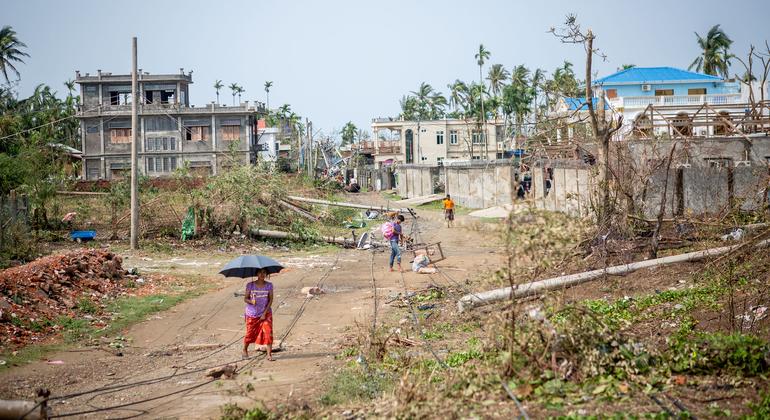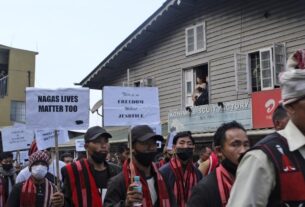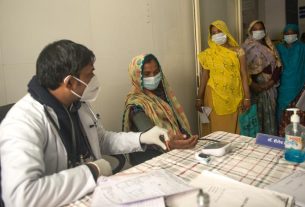UNICEF Deputy Executive Director Ted Chaiban issued a stark call for urgent international action on Thursday, describing the situation as “dire” for children.
Since the February 2021 military coup, Myanmar has plunged into a deepening crisis.
Fighting between military forces and ethnic armed groups has escalated, with reports of heavy artillery, airstrikes, and widespread violence. Ethnic militias have seized control of key towns, while civilians are caught in the crossfire.
This year alone, at least 650 children have been killed or maimed according to UNICEF.
The rising use of deadly weapons in civilian areas – including homes, schools, and hospitals – has left children with virtually no safe spaces. This is “robbing them of their right to safety and security,” said Mr. Chaiban.
Displacement and devastation
Over 3.4 million people have been displaced nationwide, nearly 40 per cent of whom are children.
In one particularly tragic incident on November 15, a strike on a church compound in Kachin State killed seven children and two adults as they played football.
“I saw firsthand how vulnerable children and other civilians are in conflict-affected areas,” said Mr. Chaiban, who recently visited Kachin. He called on all parties to the conflict to “uphold international humanitarian law and protect [children] from such brutal attacks.”
The situation is further exacerbated by extreme weather events. Typhoon Yagi, which caused severe flooding and affected over a million people, has left children cut off from healthcare, education, and other vital services.
Access to aid obstructed
Efforts to deliver aid face immense challenges. “Access remains constrained by ongoing armed conflict, insecurity, bureaucratic impediments and lack of telecommunications and personal protective equipment,” Mr. Chaiban explained.
UNICEF’s 2024 humanitarian appeal is currently less than 25 per cent funded, even as the needs grow increasingly urgent.
Despite these challenges, UNICEF and its humanitarian partners are working tirelessly to deliver life-saving services, including health, nutrition, and education, especially in frontline and hard-to-reach areas.
International action
UNICEF is calling on all parties to the conflict to uphold international humanitarian law, protect civilians, and ensure safe passage for those fleeing violence.
Mr. Chaiban called on the international community to step up its support – through funding, advocacy, and solidarity – to prevent further suffering. “The cost of inaction is far too high. Myanmar’s children cannot afford to wait,” he emphasised.
Tom Andrews, UN Special Rapporteur on the human rights situation in Myanmar, echoed this sentiment.
Speaking to UN News, he urged Member States to raise pressure through sanctions. “[We need] for all the sanction regimes to be connected, for Member States to establish common targets and work together to apply them with stronger enforcement.”
UNICEF remains resolute in its commitment to protecting Myanmar’s children and delivering aid in one of the world’s most challenging humanitarian crises.


